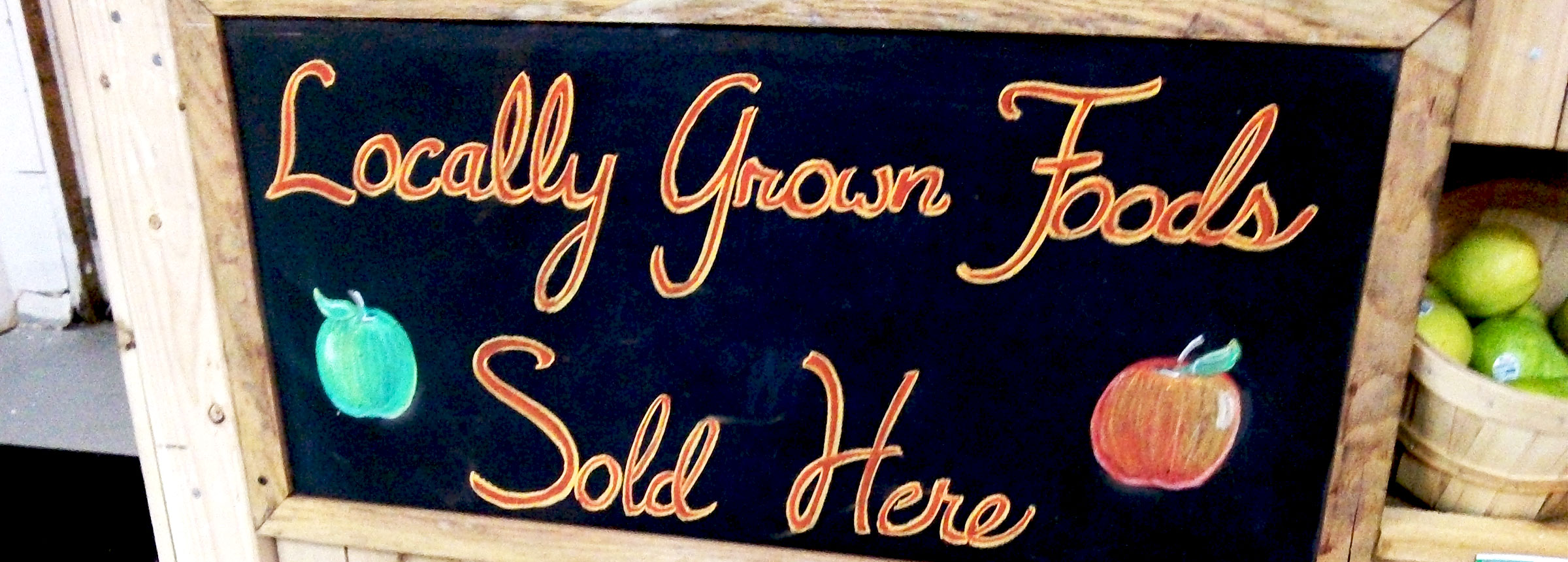Projects
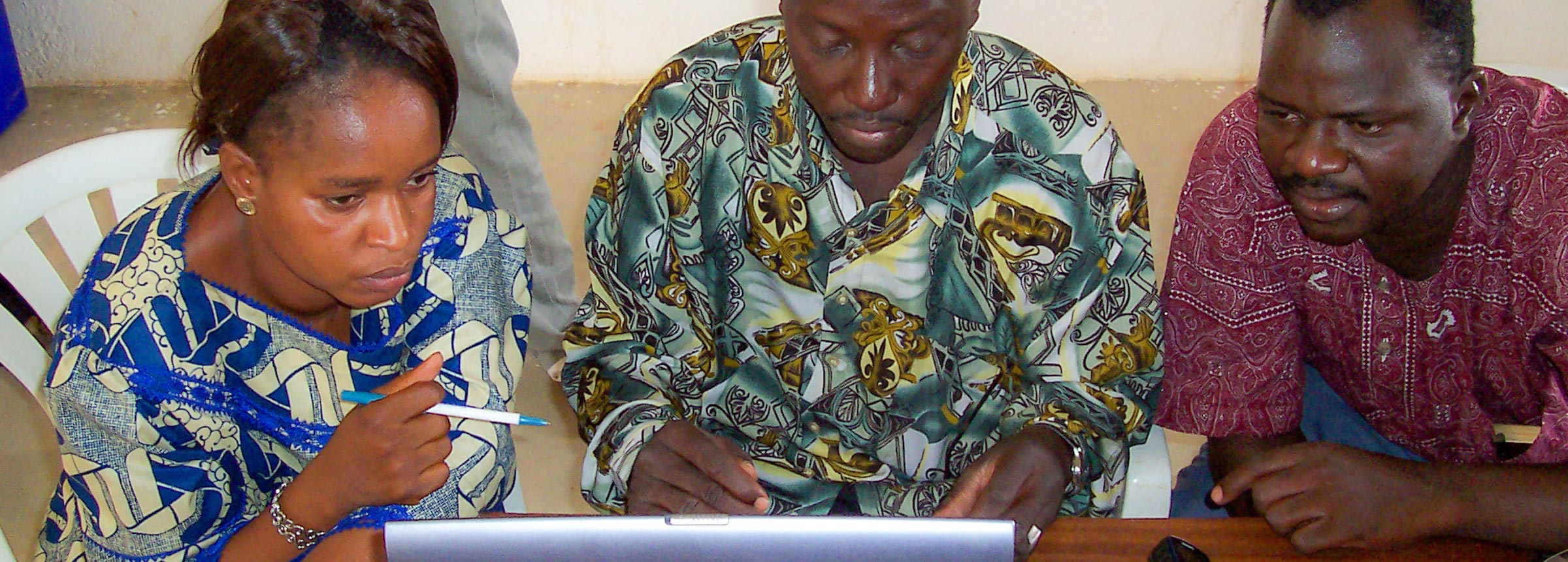
Sasakawa Africa Fund for Education (SAFE)
Small farmers in Sub-Saharan Africa are better able to achieve food security and earn a sufficient livelihood when they receive assistance from the continent’s agricultural colleges and universities. This program helps bolster the ranks of agricultural experts by introducing new opportunities for mid-career professionals to participate in extension education and degree programs at African universities.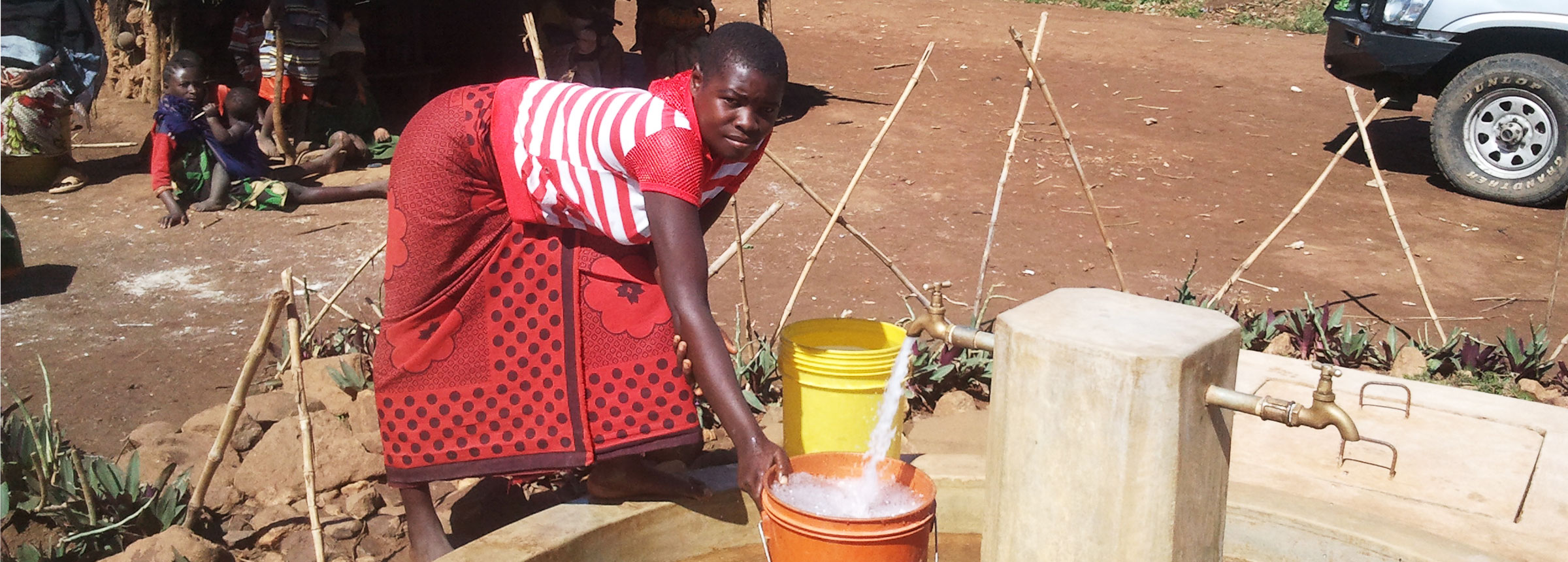
Tanzania Global Water for Sustainability (GLOWS)
Tanzania has relatively abundant water resources, although population growth and poor management has made shortages increasingly common. The goal of this project is to use market-driven approaches to support sustainable access to water, particularly in poor and rural areas. Part of the solution is to increase the number and effectiveness of entrepreneurs engaged in water […]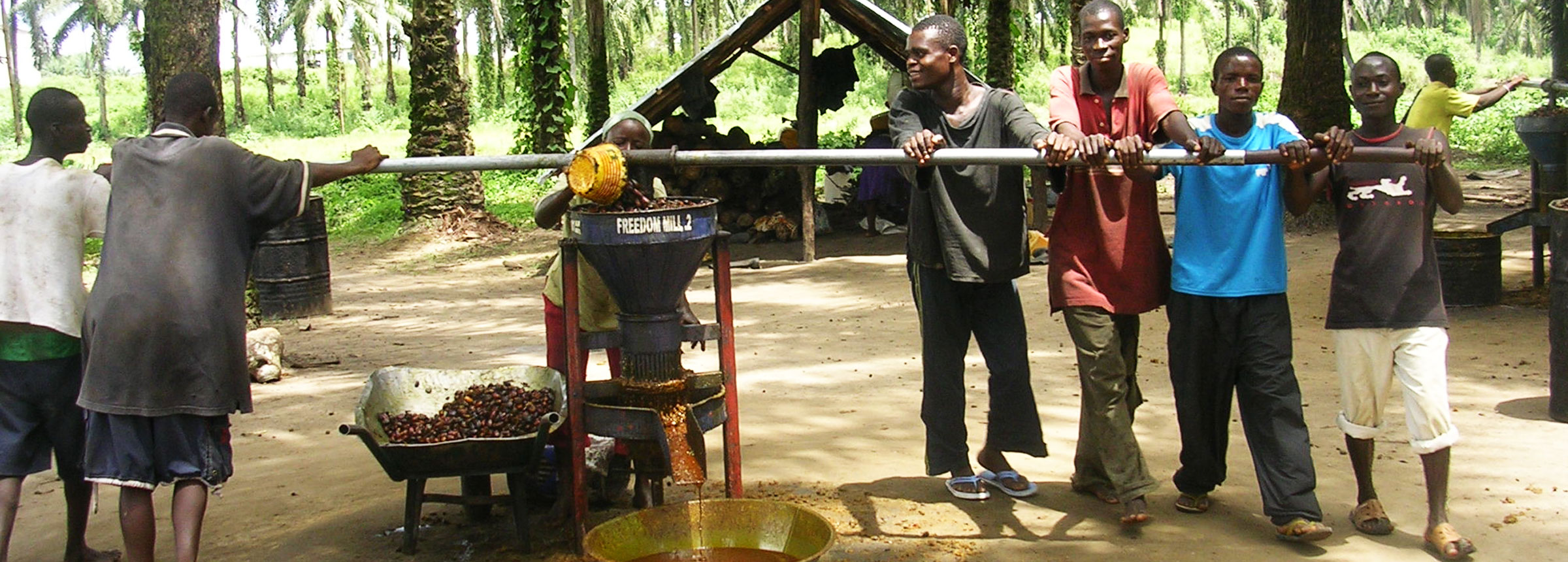
Liberia Food and Enterprise Development
Encouraging private enterprise in Liberia’s agriculture sector is critical if the country is to lower its high rates of unemployment and poverty. Progress will require extensive changes — everything from bolstering the country’s road infrastructure and weak institutions to promoting the importance of women and youth in agriculture. As a partner on this USAID-funded program, […]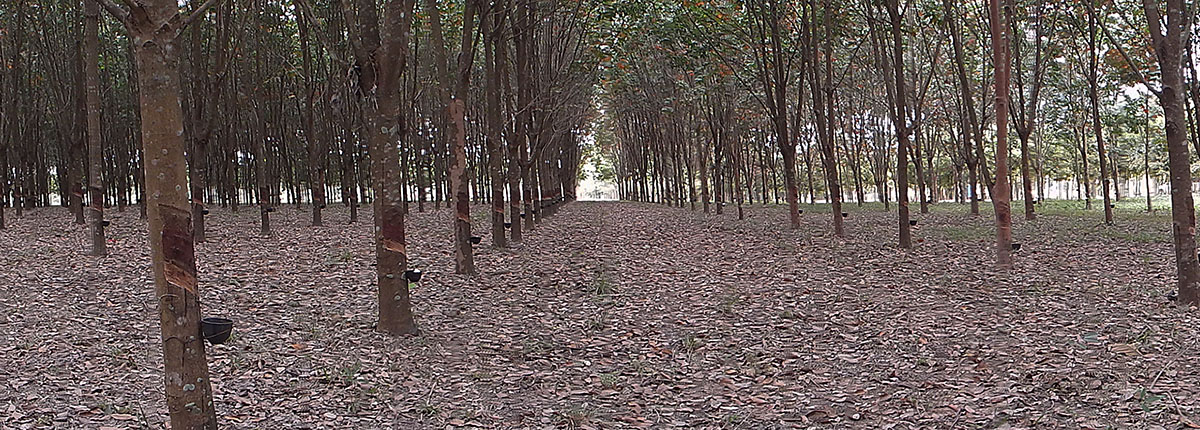
Pica de Hule SA, Guatemala, Assessing Carbon
Winrock provides ongoing technical support to the owners of rubber plantations in Guatemala to implement greenhouse gas friendly practices and to help assess their possible participation in climate change mitigation markets.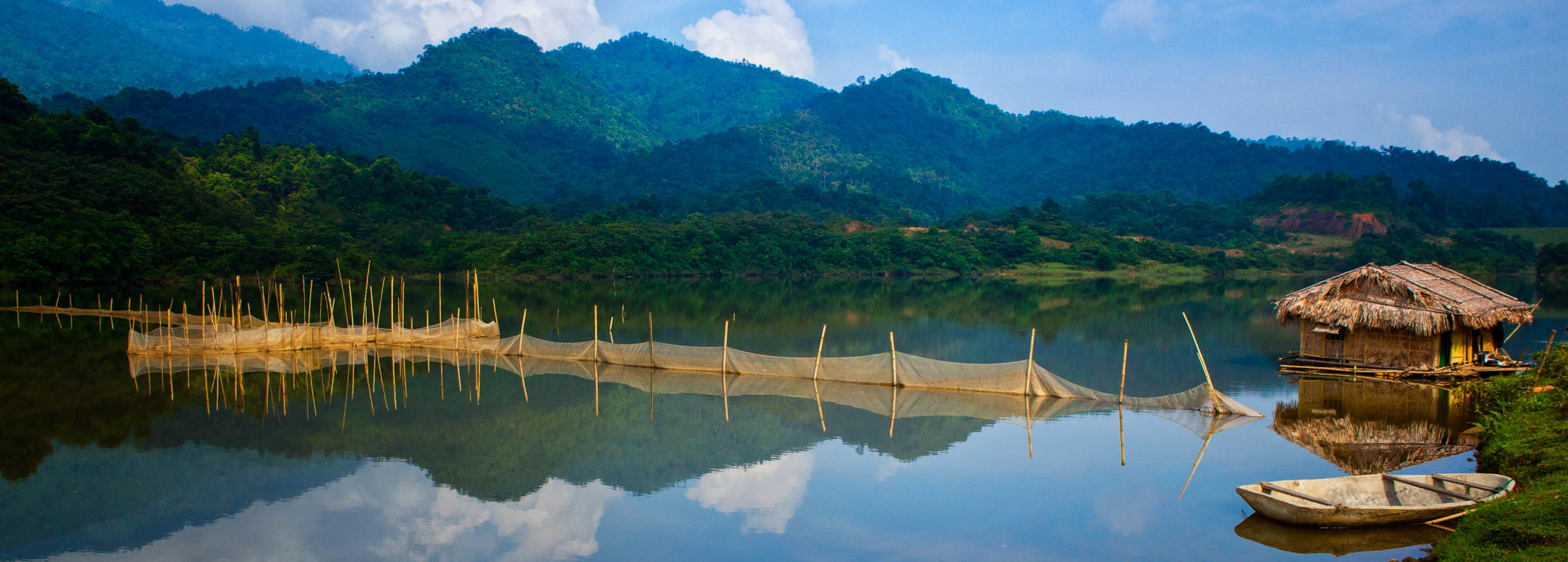
Vietnam Forests and Deltas (VFD)
The USAID Vietnam Forests and Deltas Program supports Vietnam’s transition to resilient, sustainable development. The first phase of the program (2012-2018) helped put national policies and strategies into practice to respond to environmental change, with a focus on the forestry and agriculture sectors, disaster risk reduction, and strengthening livelihoods. Beginning in 2018, the program’s second […]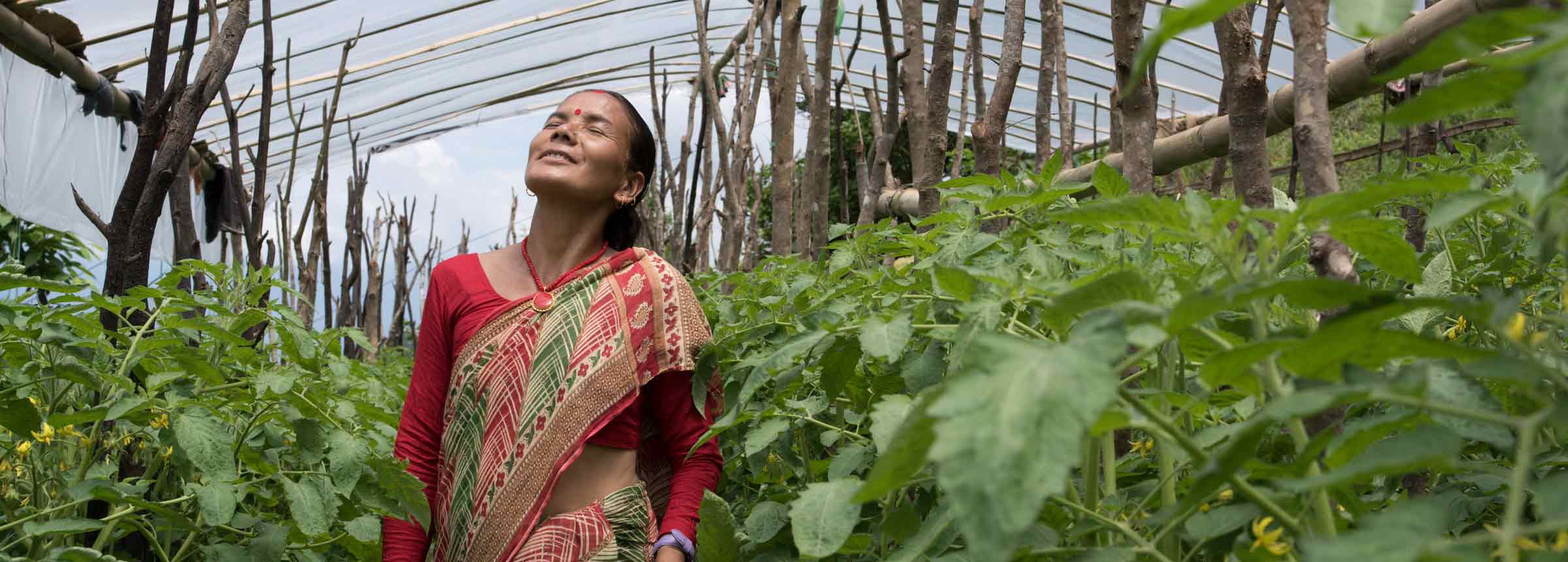
Feed the Future KISAN
Nepal’s economy is dominated by agriculture, yet the country is one of the most food insecure nations in the world. By working with the country’s private sector to improve on-farm production and facilitate market development, this program helps subsistence farmers become commercial agriculture producers and earn more income.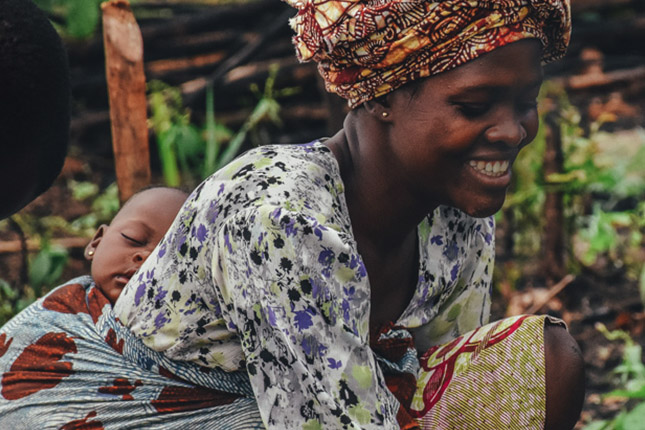
Christopher Dowswell Scholarship Fund
As an important aide to Dr. Norman Borlaug, the father of the Green Revolution, Christopher Dowswell played a critical role in helping hundreds of millions of people achieve food security. One key to the Green Revolution’s success was education. Appropriately, this scholarship fund supports the training and education of primarily female agricultural extension workers. Not…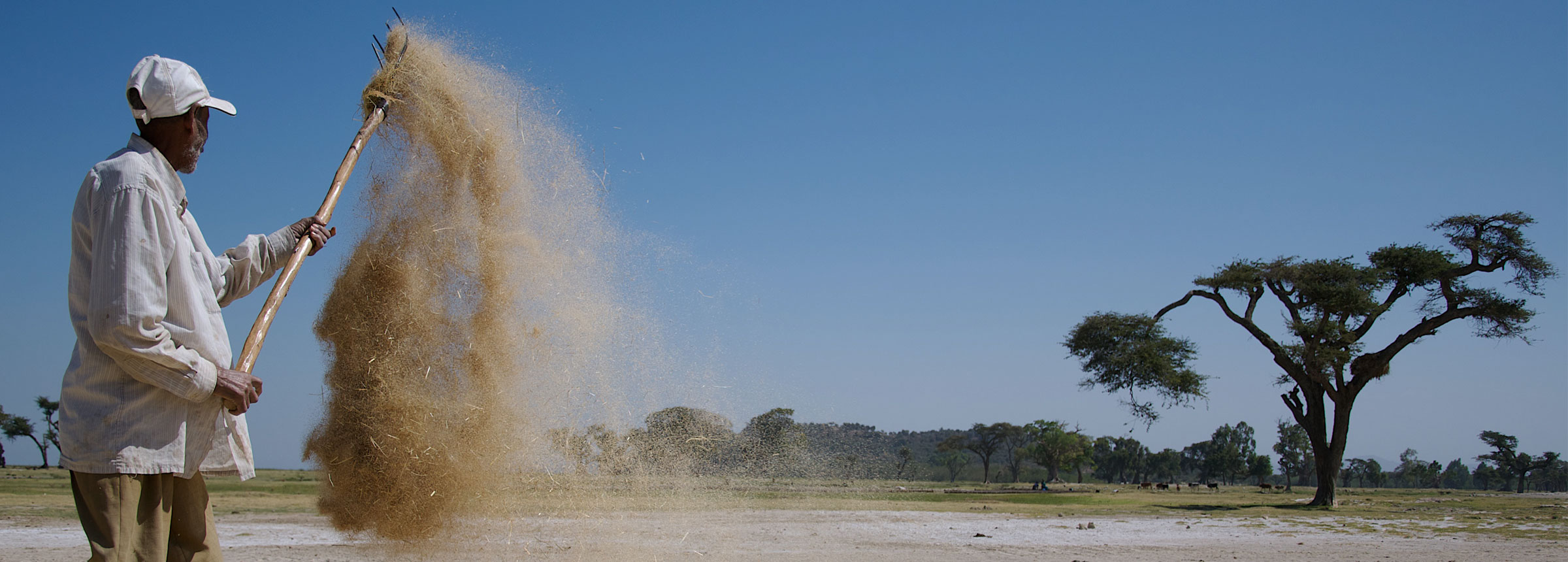
Ethiopia LAND
The foundation of Ethiopia’s economy, agriculture can play a substantial role in improving livelihoods and increasing the country’s food security. This project supports the Government of Ethiopia’s efforts to establish important regulatory and policy conditions that improve local and national land governance. A particular focus of the project is allowing itinerant pastoralists to secure community…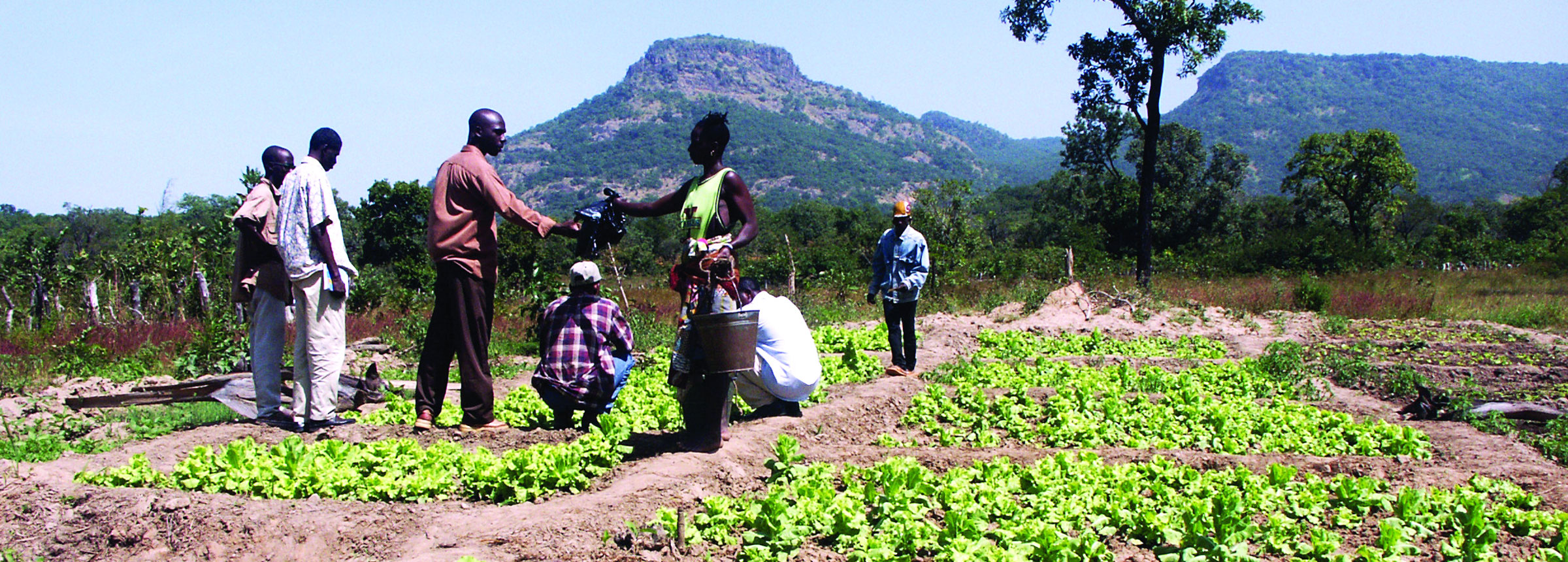
Guinea Agriculture Education and Market Improvement Program
A large percentage of Guineans lack food security and spend a sizable portion of their income on rice. To better meet the needs of its citizens and adapt to the impacts of climate change, Guinea’s agriculture sector must implement new technologies and modern land-management methods. This program focuses on building the capacity of local training…